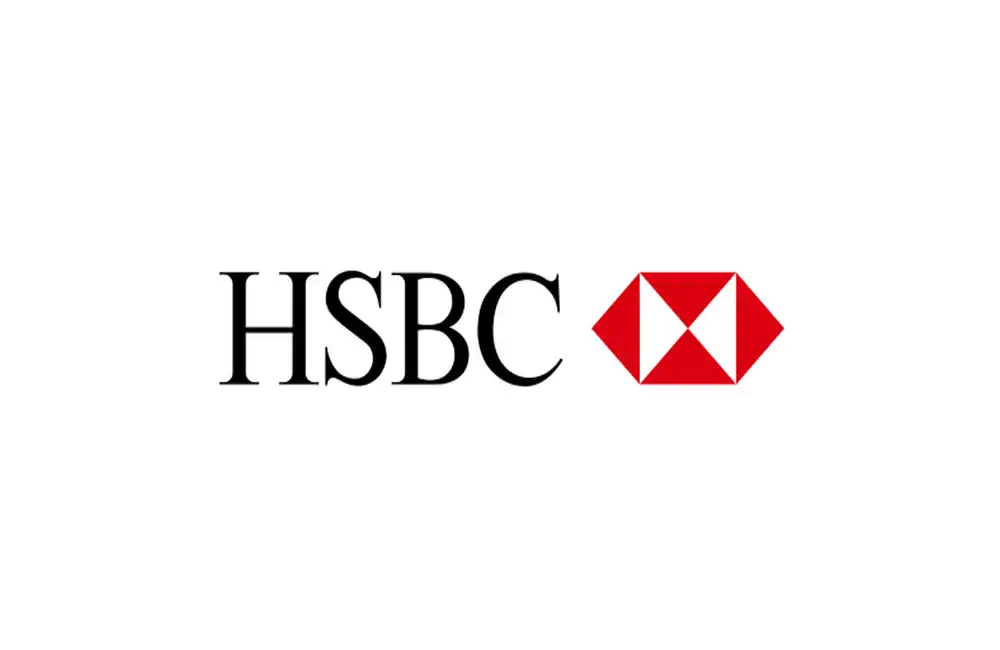HSBC updated its Brent crude oil price projections to lower levels with expectations of reaching $68.50 per barrel in 2025 followed by $65 per barrel in 2026.
The modification underscores increasing caution across global oil markets due to economic unpredictability and changing geopolitical conditions. UK investors should anticipate both difficulties and possibilities emerging from these forecast changes which will impact the energy sector as well as the wider economic environment.
What triggered HSBC to update its financial projections? UK investors need to adjust their investment strategies to take advantage of these market changes. This section clarifies the driving factors behind HSBC's decision-making process and discusses market responses and strategies for UK investors to adjust their portfolios.
Factors Influencing HSBC's Forecast Revision
Trade Tensions and Market Uncertainty
The trade disputes between major economic powers such as the United States and China strongly influenced HSBC’s decision to update its Brent crude oil forecasts. The economic activity slows down when geopolitical uncertainties disrupt trade flows and reduce energy commodity demand including oil.
Global economic activity determines the oil market's vulnerability to trade tensions because the market depends heavily on worldwide economic performance. The rise of trade wars and protectionist measures has caused manufacturing and transportation activities to decelerate worldwide, which in turn significantly affects oil demand. The oil market remains under pressure from ongoing uncertainty which has caused banks such as HSBC to become more conservative in their price forecasts.
Sluggish Global Demand for Oil
HSBC has cut its forecasts for global oil demand growth. The bank now projects oil demand will grow by 0.7 mbd in 2025 and 0.8 mbd in 2026 which represents a downward revision from the earlier estimate of 0.9 mbd growth per year. The decrease in oil consumption projections indicates growing challenges impacting the global oil market.
The shift towards renewable energy sources combined with better energy efficiency measures and reduced importance of oil in transportation sectors drives slower demand growth. The oil consumption from emerging markets, who typically drive high demand levels, is now reaching a plateau because their economic growth faces challenges.
Economic Outlook and Energy Consumption
HSBC predicts the global GDP will fall by one percentage point in future years as economic fluctuations combine with restrictive monetary policies from major economies. A decline in GDP growth results in decreased industrial activity and energy consumption which leads to weakened crude oil demand.
HSBC’s decision demonstrates their awareness of macroeconomic trends that are transforming the energy sector. The projected slowdown in GDP growth may lead to substantial shifts in oil consumption patterns among businesses and consumers.
Market Reactions and Forecast Comparisons
Brent Crude Prices Today
Brent crude prices have shown the effects of decreased market sentiment. Brent crude traded at $64.66 per barrel on 15 April 2025 which showed a 20 cent drop equivalent to 0.3%. Market levels show that traders currently factor in decreased long-term demand while navigating economic uncertainty and policies influencing energy transition.
Comparing HSBC's Forecasts with Industry Peers
Other financial institutions share HSBC's decision to lower their oil price forecasts. Financial institution Goldman Sachs updated its oil market outlook to align with the widespread industry agreement about current market challenges. Market players display varying levels of forecast changes because they use different assessments of geopolitical risks alongside economic figures and technological effects on energy usage to create conservative or aggressive scenarios.
The variety of forecasts compels investors to maintain awareness of multiple market perspectives during energy investment decision-making.
Implications for UK Investors
Energy Sector Investments
The new oil price projections create substantial difficulties for energy firms in the UK with shares traded on the London Stock Exchange. The drop in oil prices leads to decreased revenue for producers of oil which could negatively affect both share prices and dividend payments. The changing oil price outlook might prompt investors to revaluate their traditional energy stock investments and move towards renewable energy companies or diversified energy sector portfolios.
Long-term investors prepared to endure brief market turbulence can still find potential opportunities. Investors who carefully evaluate their options tend to find companies with solid financial foundations and strategic innovations attractive when they also demonstrate strong cost management abilities.
Broader Economic Impact on the UK
The UK economy experiences both positive and negative consequences when oil prices drop. Lower crude prices can help businesses and consumers reduce energy costs and thereby potentially ease inflationary pressures. The UK functions as a major energy trading hub so sustained downturns in the oil market threaten to disrupt trade balances and damage related industries.
Both policymakers and businesses should evaluate the relationship between these economic changes and their larger strategic goals while the UK makes its shift to a reduced-carbon economy.
Investment Strategies for the Changing Landscape
In response to this situation UK investors should develop flexible strategies to both manage potential risks and identify emerging opportunities within the volatile oil market. Some key considerations include:
- Diversify Portfolio Exposure: Investors should steer away from traditional oil and gas investments and expand their portfolios to include renewable energy and innovative sectors.
- Focus on Resilient Companies: Investors should focus on energy companies that exhibit strong financial health alongside robust ESG credentials and proven operational efficiency.
- Monitor Global Trends: Investors should keep up-to-date on geopolitical shifts and economic policy updates alongside technological progress to understand their effects on the energy landscape.
Anticipating upcoming industry shifts allows investors to maintain flexibility when confronting future challenges as well as potential opportunities.
Conclusion
The decision by HSBC to lower Brent crude oil price projections for 2025 and 2026 demonstrates how trade tensions along with slow demand growth and various economic challenges drive the direction of the global oil market. The persistent challenging conditions create a chance for UK investors to engage the shifting landscape through a strategic approach that combines thoughtfulness and knowledge.
To successfully navigate this changing period investors should monitor market movements while diversifying investments and selecting companies with proven innovation and flexible operations. Adaptive investment strategies remain crucial for achieving sustainable success as global energy dynamics evolve within an unpredictable world.
Investors who wish to understand potential portfolio impacts should consult financial and investment experts for essential insights.



















